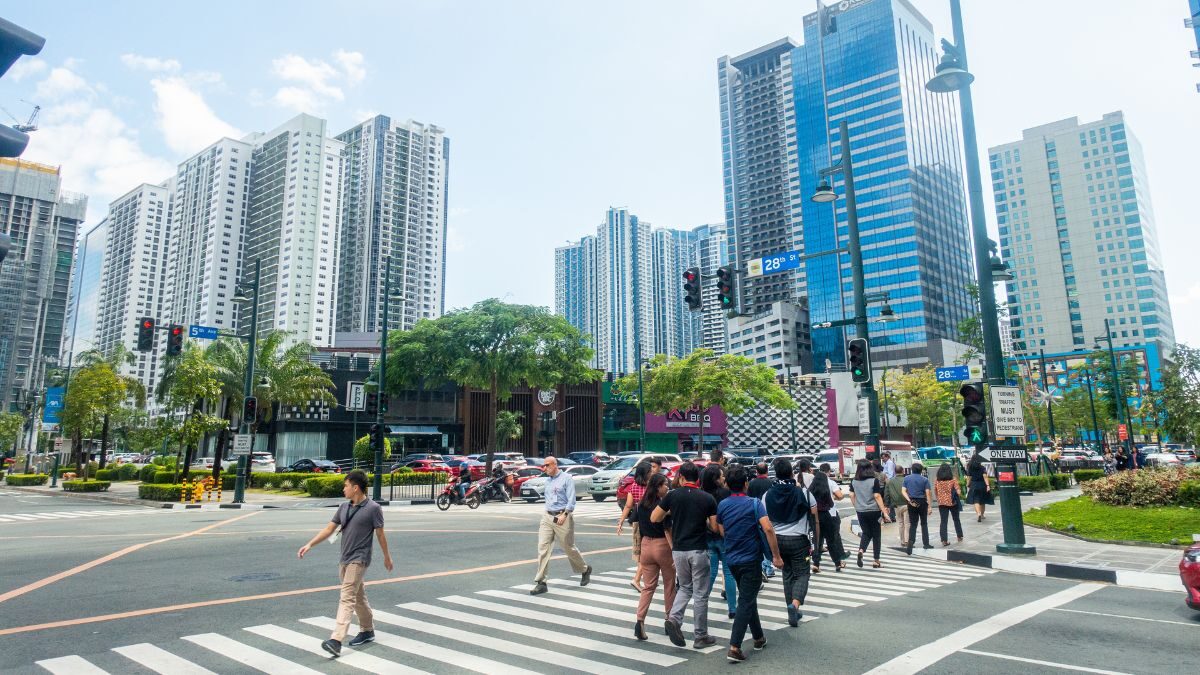(Re)in Summary
• Insurance and insurtech leaders discussed the role of sustainability in insurance at Hong Kong Fintech Week, highlighting demographic and climate challenges.
• General insurers can aid sustainability by reducing clients’ carbon footprints and aligning investments with sustainability goals, according to Zurich Hong Kong CEO Jim Qin.
• Insurers are using data to enhance risk prevention and resilience, with Zurich providing data-led risk management services.
• Cigna and CHOYS focus on preventative healthcare and social impact, addressing the needs of an aging population and Gen Z’s desire for societal value.
Be it a general insurer, a life and health insurer, or an insurtech platform, each player will have their own crucial roles in ensuring that insurance remains sustainable despite demographic and climate challenges, experts said during a Hong Kong Fintech Week panel on Tuesday (Oct 29).
As the world faces uninsurability challenges, from acutely ageing populations to natural disasters, an ecosystem approach is needed for insurance to continue to serve future generations.
General insurers can support clients in reducing their carbon footprint, offer sustainable products — and align their investment portfolios with sustainability goals, said Jim Qin, Zurich Hong Kong’s Chief Executive Officer for its general insurance business.
“You think about the environment aspect, the climate change, the impact on particularly severe weather events, it’s causing huge losses globally,” Qin said. “You’ve seen states where homes become uninsurable, and that hits both insurers and the households.”
Insurers can contribute to the environment by working with clients to move them towards renewable energy and reduce their carbon emissions. “We’ll look at how we can work together to reduce (a client’s) carbon footprint, and favour customers who have a plan to reduce their carbon emissions over time,” he said.
Sustainability will ultimately benefit insurers, Qin added, as climate change brings uninsurability. “If we don’t do something soon, the frequency of nat cat events will be so high that it could make very large parts of the world uninsurable, and that’s not something we want to see.”
Fostering resilience
The amount of data insurers now have has empowered them in helping policyholders with risk prevention, Qin said. “What’s really fundamental that’s changed in the last five or ten years is our ability to access information, vast amounts of data, our ability to analyse this information,” he said.
Zurich has moved away from just underwriting to more risk prevention, Qin said, with its Zurich Resilience Solutions, providing data-led risk engineering and risk management services. “We want to move a step forward, and why we think we can do that is because we hold vast amounts of data that up till now we haven’t really shared with anybody,” he added.
From typhoon losses to cyber attacks, insurers can help customers be matter at managing risk. Previous data-driven AI solutions, used in risk assessment and claims decisions, can be used in risk prevention.
“These are leaps we’re making in terms of technology, advances in the way we underwrite, in the way we assess claims,” Qin said. “But most importantly, we work with our customers to prevent and reduce their risk.”
And moving toward prevention will help health systems continue to serve current generations without compromising on the health needs of tomorrow’s generations, said Jonathan Spiers, CEO of Cigna in Hong Kong.
As Hong Kong faces an acutely aging population, the sustainability of healthcare in the city faces fundamental challenges, Spiers said. “We are a open-cost, treatment-oriented health system, and we don’t have a preventative focus.”
Consumer education can help bring that preventative focus back, Spier said. Cigna uses AI-driven solutions for its group clients to look at the core drivers of their mental health, and designs a bespoke Health Day that targets the needs of employees.
Cigna also has a care manager program where a dedicated nurse uses uses predictive analytics to help guide individual clients through their healthcare journey.
“A core part of sustainability in the Hong Kong health system is to empower customers to ask what are very reasonable (questions) of their healthcare professionals,” Spier said.
Creating social impact for communities that fit the vision of Gen Z policyholders who want to create value back to society is also important, said Vanessa Chen, Co-founder at employee well-being platform CHOYS.
“Right off the bat, when they (Gen Z) graduate from college, they want to work at companies that create those type of impact,” Chen said.
CHOYS uses personalised challenges to get employees on a healthy lifestyle, by getting them to meditate, consult with therapists, or connect with colleagues, and the points they earn from these challenges can in turn be donated for a good cause, Chen added. “When it comes to sustainability, I do believe that there is a shift that smaller firms and Gen Z want to create value.”
























